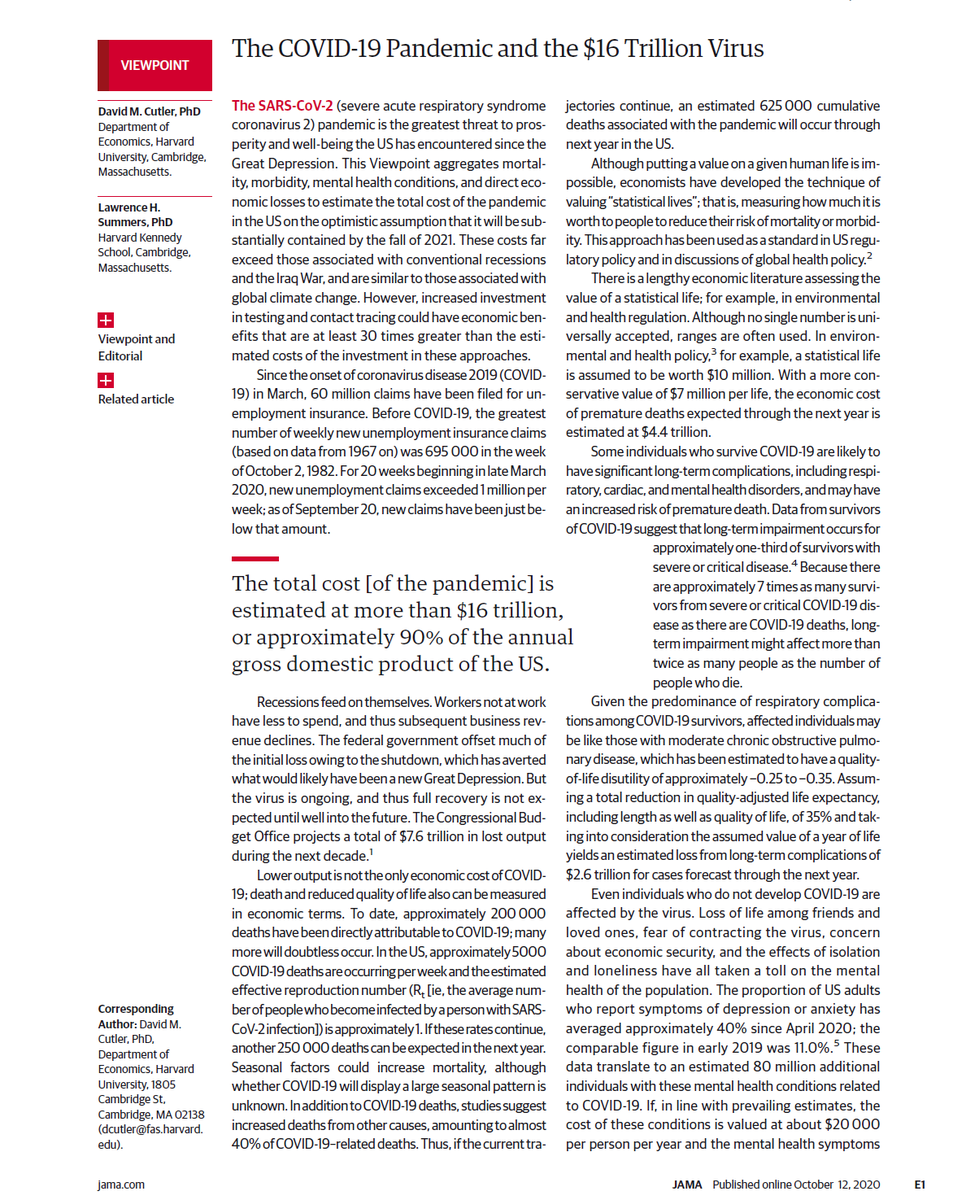
The U.S. is in danger of losing its dominant leadership position in global financial services, writes Henry M. Paulson Jr. wsj.com/articles/china… via @WSJ
1/ Budget deficit reduction is not a priority issue for the next few years given secular stagnation as @jasonfurman and I explain (brookings.edu/events/fiscal-… ). Nor are there strong reasons to worry about budget sustainability.
2/ Other deficits—with respect to infrastructure, investment in children, and innovation—pose much greater threats to our children and our national security than money borrowed for decades at rates close to 1 percent in a currency we print ourselves.
3/I doubt the international competitiveness of the financial sector should be a priority. Indeed, the last time Treasury Secretaries and regulators made it a priority--during the George W. Bush Administration--the last clear chance to avert the 2008 financial crisis was missed
4/Much higher priorities for policy attention to financial sector should be buildups of leverage & possible bubbles in shadow banking system, dubious stress tests & tens of billions of dollars diverted to insiders by what seems a like a crony capitalist IPO underwriting system.
• • •
Missing some Tweet in this thread? You can try to
force a refresh



